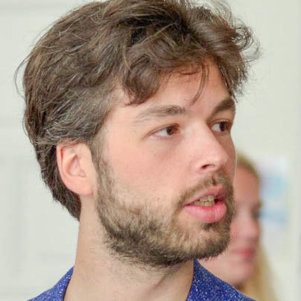Sietze Kai Kuilman
PhD at Delft University of Technology
Quite recently many large Tech companies have proffered the idea of an Advanced AI Assistant. These assistants should supposedly be able to all manner of tasks for us. They may be able to arrange flight tickets for us, book hotels, order groceries, and plan our agenda’s. Yet, thus far these personal assistants have been quite speculative and this leads to a myriad of different questions and problems. Who is responsible for misconduct of such an assistant? What kind of tasks do we want to hand over to such a system and why? For example, we may not want to give them insight into our bank details for privacy reasons, but if we want to use these systems in a meaningful fashion for tasks that matter then we may require that. Furthermore, we do not continually want to see whether these assistants are making mistakes, yet we also may want effective control over their decisions. In this project we look at this new technology through the lens of Meaningful Human Control to see what kind of design requirements we require for some version of control. In this way we can perhaps address some of the issues early on to mitigate errors in design.
Keywords: Meaningful Human Control, Artificial Intelligence, Philosophy,
Scientific area: Philosophy and Artificial Intelligence
Bio: Sietze Kuilman is a researcher at Delft University of Technology, where he works at the intersection of computer science and philosophy. He obtained an MSc in Artificial intelligence at the University of Amsterdam as well as an MA in philosophy also at the University of Amsterdam. During his studies, he focussed on Philosophy of Language and Philosophy of Cognition. His current research focuses on the notion of control and its relation to sociotechnical systems. His interests are broadly speaking the history of Artificial Intelligence and the question of what algorithmically can be achieved in terms of understanding.
Visiting period: 01-06-24 to 31-07-24 at Ludwig-Maximilians-Universität München
